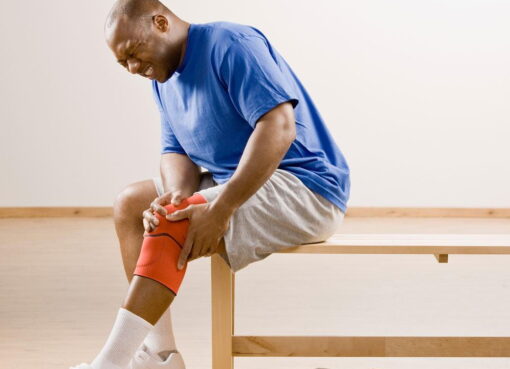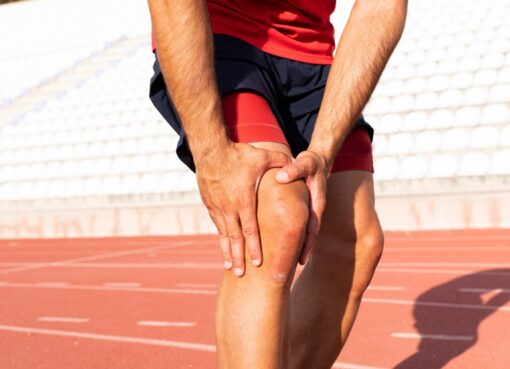When you have a herniated disc, even everyday activities can become painful and difficult. Therefore it is important to take the time to learn which activities are safe for you and which ones to avoid. Practicing proper body mechanics and being mindful of your movements can help prevent further injury to your disc. Here are some everyday activities to avoid when you have a herniated disc.
1. Bending and Twisting
Bending and twisting are two of the most common movements that can aggravate a herniated disc. When you bend over, you are putting a lot of pressure on your spine, and this can cause the disc to compress and bulge out even more. Twisting can also put pressure on your spine and discs, so it is important to avoid these movements as much as possible.
If you need to bend over, do it slowly and carefully. Try to keep your spine straight as you bend at the hips. But if the pain is too much, then it’s best to visit a spine specialist for disc herniation in Chicago to get the best care possible. They will be able to help you find the right exercises to do and how to properly move to avoid pain.
2. Lifting
Lifting heaving objects causes the body to use more energy than it would when performing the same task without added weight. The extra effort required to lift an object also puts additional strain on the muscles, tendons, and ligaments involved in the movement. This can lead to injuries such as strains and sprains.
When lifting, always use proper form to avoid injury. Bend at the knees and keep the back straight. Use the muscles in the legs to lift rather than rely on the back. If an object is too heavy to lift on your own, ask for help or use a lifting device such as a dolly. If the pain persists, visit a pain management center for help. Along with this, it will also help to know how long does a herniated disc takes to heal so that you can take the necessary precautions to avoid any further pain.
3. Sitting for Long periods Can Be Just as Bad for Your Health
Sitting for long periods can negatively affect your health, even if you are otherwise active and healthy. Studies have shown that extended periods of sitting can lead to increased risks for herniated discs, type 2 diabetes, and cardiovascular disease. This is because sitting for long periods of time can cause changes in your metabolism and blood sugar levels, as well as put strain on your back and neck.
To avoid these health risks, it is important to take breaks throughout the day to move your body and get your blood flowing. Even simple things like standing up and stretching or taking a short walk can make a big difference. If you work at a desk all day, try to get up and move around every hour or so. And when you’re at home, make an effort to be active during your free time.
To Conclude
If you have a herniated disc, avoid these everyday activities as much as possible. Take the time to learn how to modify these activities so that you can still participate in them safely. With proper care and precautions, you can prevent your herniated disc from getting worse.





